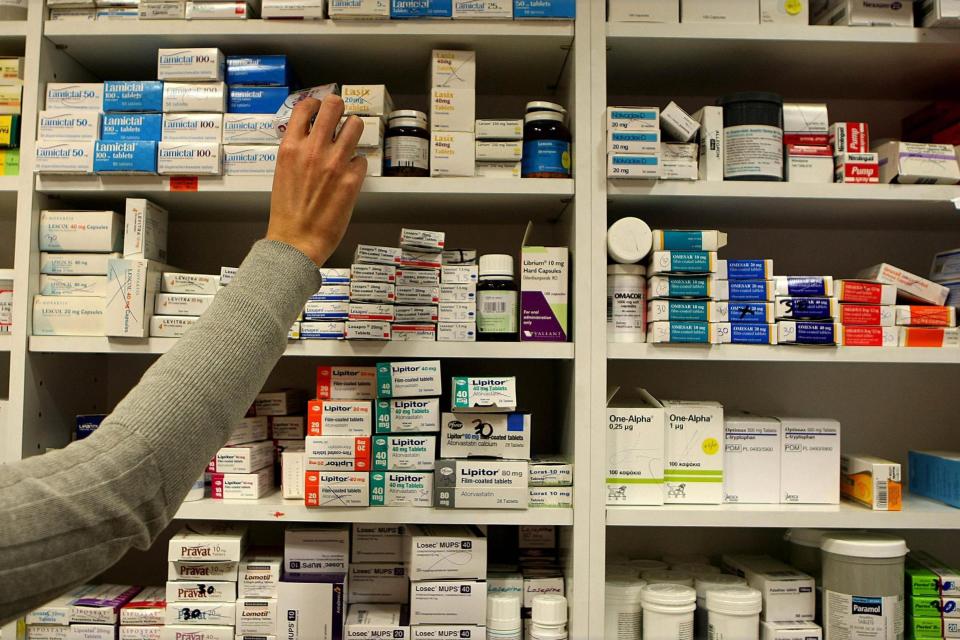Paper prescriptions on way out in London as GPs join NHS electronic system

Paper prescriptions are close to being phased out in London after every GP surgery signed up to the NHS’s electronic service.
All 1,311 practices in the capital are now able to send approvals for controlled medicines direct to pharmacies using the electronic prescription service (EPS).
This avoids doctors having to manually sign prescriptions — and means that patients do not have to visit their GP to collect a paper prescription. It also spares pharmacists from struggling to read a doctor’s handwriting.
Dr Vishen Ramkisson, senior clinical lead for digital medicines and pharmacy at NHS Digital, and a GP in St Albans, said: “The keyboard is mightier than the pen.”
Doctors say they are “getting closer” to paper prescriptions being consigned to history. About two-thirds of prescriptions in London are now sent electronically, saving the time of GPs, patients and pharmacists.
The system enables GPs to send prescriptions electronically to a pharmacy nominated by the patient. The medication can often be collected within minutes of the request being received.
EPS can also be used for repeat prescriptions — enabling medication to be prescribed for up to a year using one electronic signature.
In addition, patients who require extra medicines may be able to obtain these via a phone call to their GP rather than a face-to-face consultation. Work is ongoing to introduce electronic prescribing into the NHS 111 non-emergency phone line, and to GP out-of-hours services.
"I can send a prescription straight away to a pharmacist; patients don’t need to pick it up from the surgery"
Farzana Hussain, GP in Plaistow
Future advances in technology could allow GPs to approve prescriptions via their smartphone. At present, this can be done remotely — but a desktop computer is required for security reasons.
Electronic prescriptions were first introduced a decade ago. The system, which also prevents prescription loss and fraud, has saved the NHS about £130 million over the past three years.
Farzana Hussain, a GP at The Project surgery in Plaistow, said: “I’m a big fan of EPS. I can now send a prescription straight away to a pharmacist, meaning that patients don’t need to pick it up from the surgery, making it more convenient for them.”

 Yahoo News
Yahoo News 